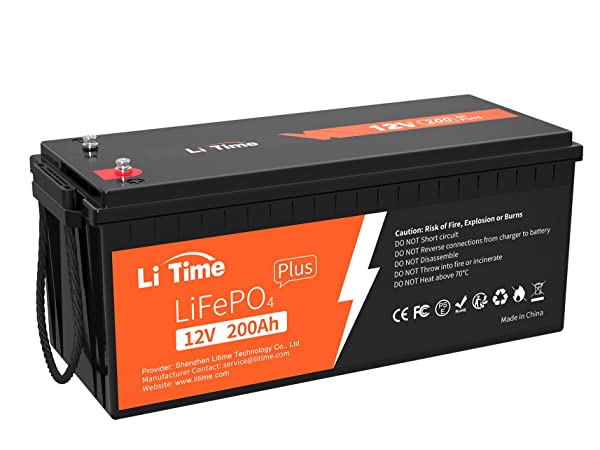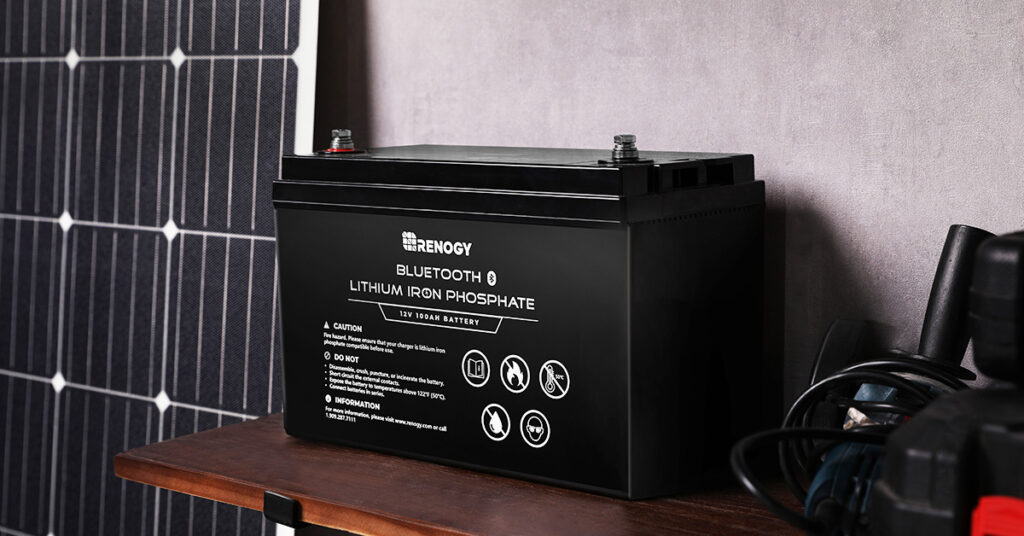As more and more people look for ways to reduce their carbon footprint and save money on energy bills, solar power has become an increasingly popular choice. However, in order to get the most out of your solar panels, you need a reliable and efficient way to store the energy they generate. That’s where solar batteries come in.
What are Solar Batteries?
A solar battery is a type of rechargeable battery that is designed to store energy generated by solar panels. Solar batteries allow homeowners to store excess energy generated during the day for use at night or during times when the sun isn’t shining. This helps to maximize the use of solar power and reduce reliance on grid electricity.
How do Solar Batteries Work?
Solar batteries work by storing the energy generated by solar panels in chemical form. When the solar panels generate excess energy, it is sent to the battery for storage. The battery then converts this energy into usable electricity when it is needed. This helps to ensure that homeowners have a reliable and consistent source of power, even when the sun isn’t shining.
Ampere Time is a reliable manufacturer of top-quality LiFePO4 batteries, famous for their exceptional performance and excellent customer support. With their extensive experience in the industry, Ampere Time has established itself as a leading provider of high-quality LiFePO4 batteries that meet the energy needs of a wide range of applications. So, don’t miss out on the opportunity to purchase their exceptional batteries at a discounted price using the Ampere Time Coupon Code.
Benefits of Solar Batteries
Energy independence: By using solar batteries to store energy, homeowners can reduce their reliance on grid electricity and become more energy independent.
- Energy Storage: Solar batteries allow you to store excess energy generated by your solar panels during the day for use during periods of high demand or when there is no sunlight available. This means you can use solar power even at night or during power outages.
- Cost Savings: By storing solar energy, you can reduce your reliance on grid electricity, which can help you save money on your energy bills over time.
- Increased Energy Independence: With solar batteries, you can become more self-sufficient and less reliant on traditional utility companies for your energy needs.
- Environmental Benefits: Using solar batteries can help reduce your carbon footprint by decreasing the amount of electricity you draw from non-renewable sources.
- Reliability: Solar batteries can provide backup power during emergencies or grid outages, ensuring that you have a reliable source of electricity when you need it most.
Types of Solar Batteries
There are several different types of solar batteries available, each with their own unique benefits and drawbacks. The most common types of solar batteries include:
1. Lead-acid batteries: These are the most affordable type of solar battery and are widely used in off-grid solar systems. However, they have a shorter lifespan and require regular maintenance.
2. Lithium-ion batteries: These batteries are more expensive than lead-acid batteries but offer higher energy density and longer lifespans. They are also maintenance-free and require no regular upkeep.
3. Saltwater batteries: These batteries are a relatively new technology that uses saltwater electrolytes instead of traditional chemical electrolytes. They are non-toxic and have a long lifespan, but are still relatively expensive.

Choosing the Right Solar Battery
When choosing a solar battery, there are several factors to consider, including:
1) Energy storage capacity: This refers to how much energy the battery can store. Larger batteries will be able to store more energy and provide longer backup power.
2) Depth of discharge: This refers to how much of the battery’s energy can be used before it needs to be recharged. Batteries with a higher depth of discharge will be able to provide more backup power.
3) Lifespan: The lifespan of the battery is an important factor to consider, as it will impact the overall cost of the system over time.
4) Cost: The cost of the battery is an important consideration, as it will impact the overall cost of the solar power system.
Installing Solar Batteries
Solar batteries can be installed as part of a new solar power system or added to an existing system. However, it’s important to work with a qualified solar installer to ensure that the system is designed and installed properly.
Conclusion: Harnessing the Power of the Sun
In conclusion, harnessing the power of the sun through solar energy is a promising and sustainable way to meet our growing energy needs. Solar power offers a wide range of benefits, including reducing our reliance on non-renewable energy sources, lowering our carbon footprint, and promoting energy independence. With advances in solar technology, solar panels have become more efficient and affordable, making it easier for households and businesses to switch to solar power.
Additionally, incorporating solar batteries into a solar-powered system can help maximize the benefits of solar energy by providing energy storage, cost savings, and backup power during emergencies. As we continue to explore ways to meet our energy needs, harnessing the power of the sun through solar energy will undoubtedly play a vital role in creating a more sustainable and greener future.

